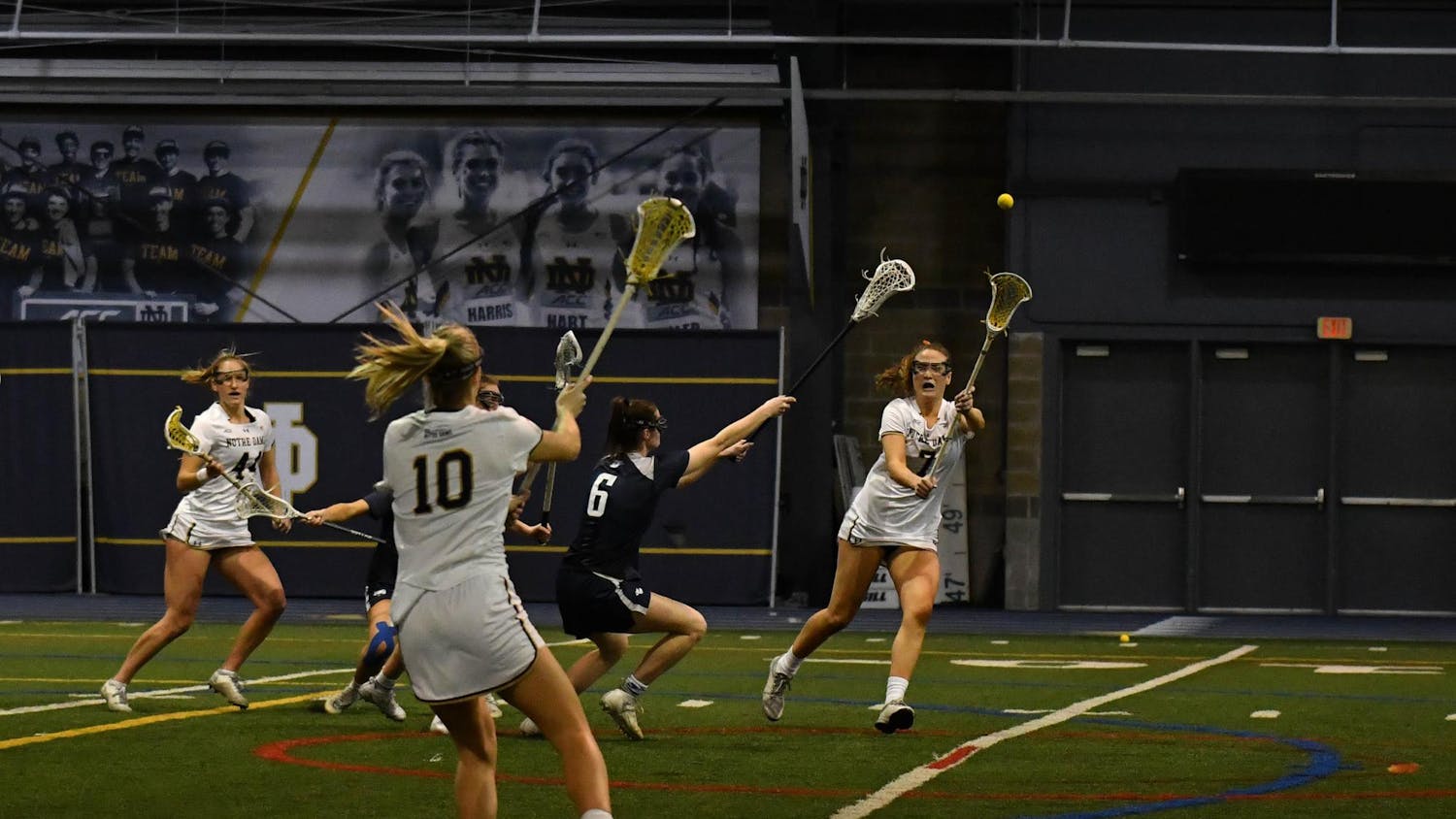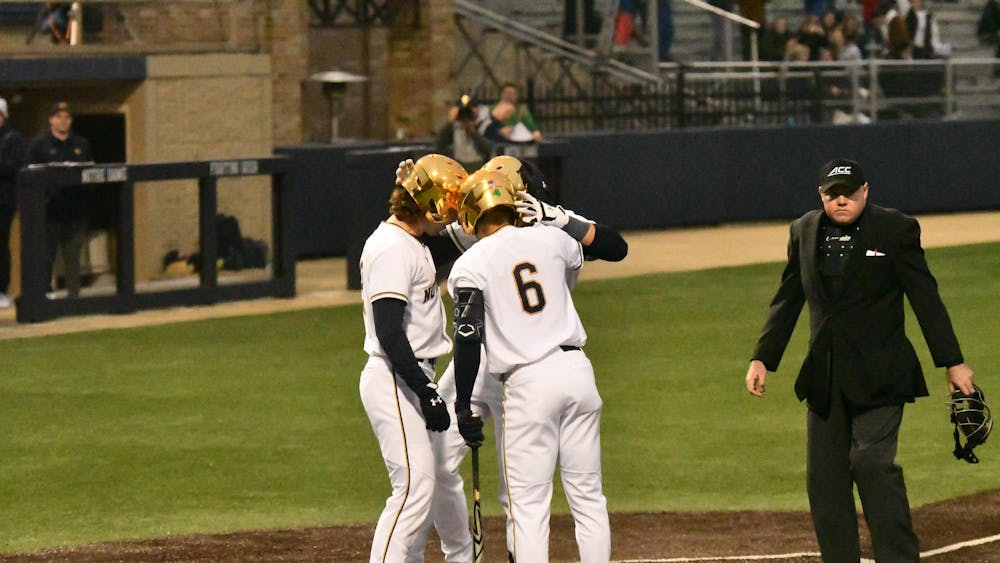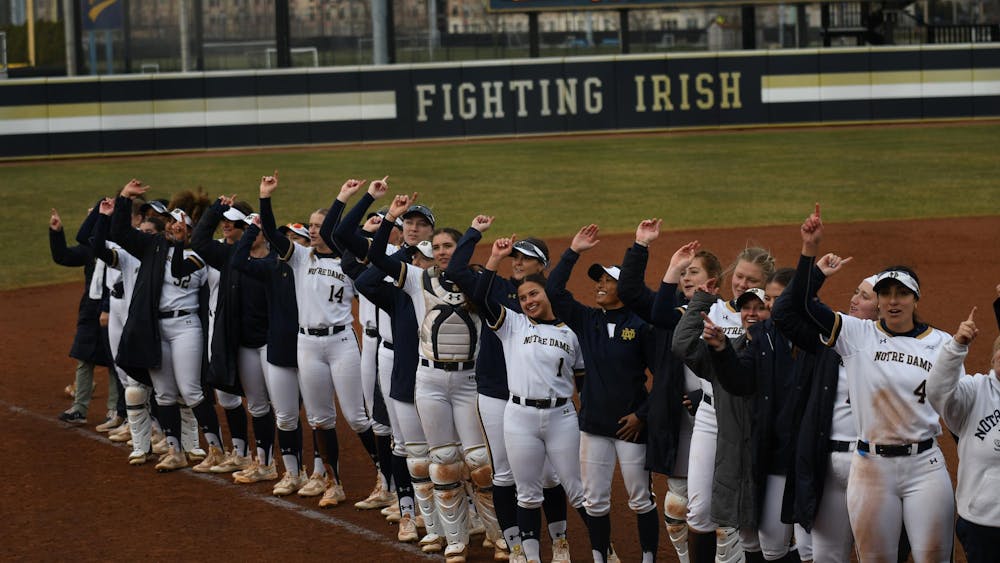Among the 21st century’s most prevalent mantras, the invitation to “do the right thing, even when no one is watching” proves the hardest to accept. Anyone with a devil on their shoulder and a WiFi connection can see the beautifully tantalizing fruits that the temptation of dishonesty bears.
Here, sports become a particularly interesting case. Something about professional leagues' infrastructure leaves honest men and women uncontrollably defeated and isolated. In light of the Houston Asterisks’ recent fallout, the call for integrity feels swallowed by its enticing alternative: nice guys finish last. When baseball’s men of integrity spend their October on an old couch, dog in arm, watching cheaters fool the nation under its nose, sometimes I think about them turning to their wives and children and wondering how long they should wait before leveling the playing field.
It remains undisputed that punishment finds the crime of the dishonest, whether it comes in the form of legal retribution or social dysfunction. But in the modern era, athletes wrestle with a much more complicated question: does the punishment find the crime too late?
Enter the greatest (and maybe the only) story of my hometown on the outskirts of the Twin Cities.
On March 1, 2017, I woke up to a wave of text messages from friends and family flooding my phone. Early that morning, local police officers arrested the president of the Hamel Athletic Club, Edward Leuthner, for a massive embezzlement scandal that had hovered over my organization for years. Leuthner concealed his theft of over $50,000 by documenting large-scale transactions with the club's equipment provider, Xtreme Custom Apparel.
If Little League team managers requested a quota of hats and jerseys, Leuthner would skim personal profit by claiming to buy more than desired as added inventory. Sometimes, he claimed to purchase equipment that the local manufacturer never sold. Management at Xtreme Custom Apparel crafted exorbitant invoices that Leuthner paid before personally retrieving the extra cash from the distributor.
For such a small program, $50,000 carried significant weight. Granted, my team still received sufficient funding for decent apparel and field renovations. But competition with larger and more affluent programs around the Twin Cities left us on the back burner.
My parents never suspected foul play. No one did. For us, the sheer size of the program justified the painfully slow growth of the program. Simple projects like repairing a pane of the outfield fence stretched into oblivion, and our participation outside of league play faded. By the time playoffs rolled around, we lost. We lost big.
With the program’s financial growth and stability polluted, the PR that swirled around the Hamel Athletic Club left the program in shambles. Despite countless attempts to propagate program expansion, it remains a mediocre punching bag for competitive metro teams.
I sympathize with the organization’s treasurer. The embezzlement fiasco capitalized on her lack of resources and insight when she needed it most. Locals chastised her for alleged involvement, perhaps permanently tainting her reputation.
But amidst all of the current chaos, I hesitate to sympathize with MLB Commissioner Rob Manfred. A prestigious arsenal of technologies and ingenious sleuths rest in his fingertips, yet he fails to calm the shockwaves of dishonesty before they explode into the public sphere — or more significantly, before a disingenuous championship is won. Retribution in the body of sports takes effect after the victory lap, after the ceremonies, after this page of our history book turns. Professional leagues have the power to regulate their many abuses of technology even before they occur. Put simply, all they need to do is use it.
After all, who knows what the Eddie Leuthners of our time might steal next?













